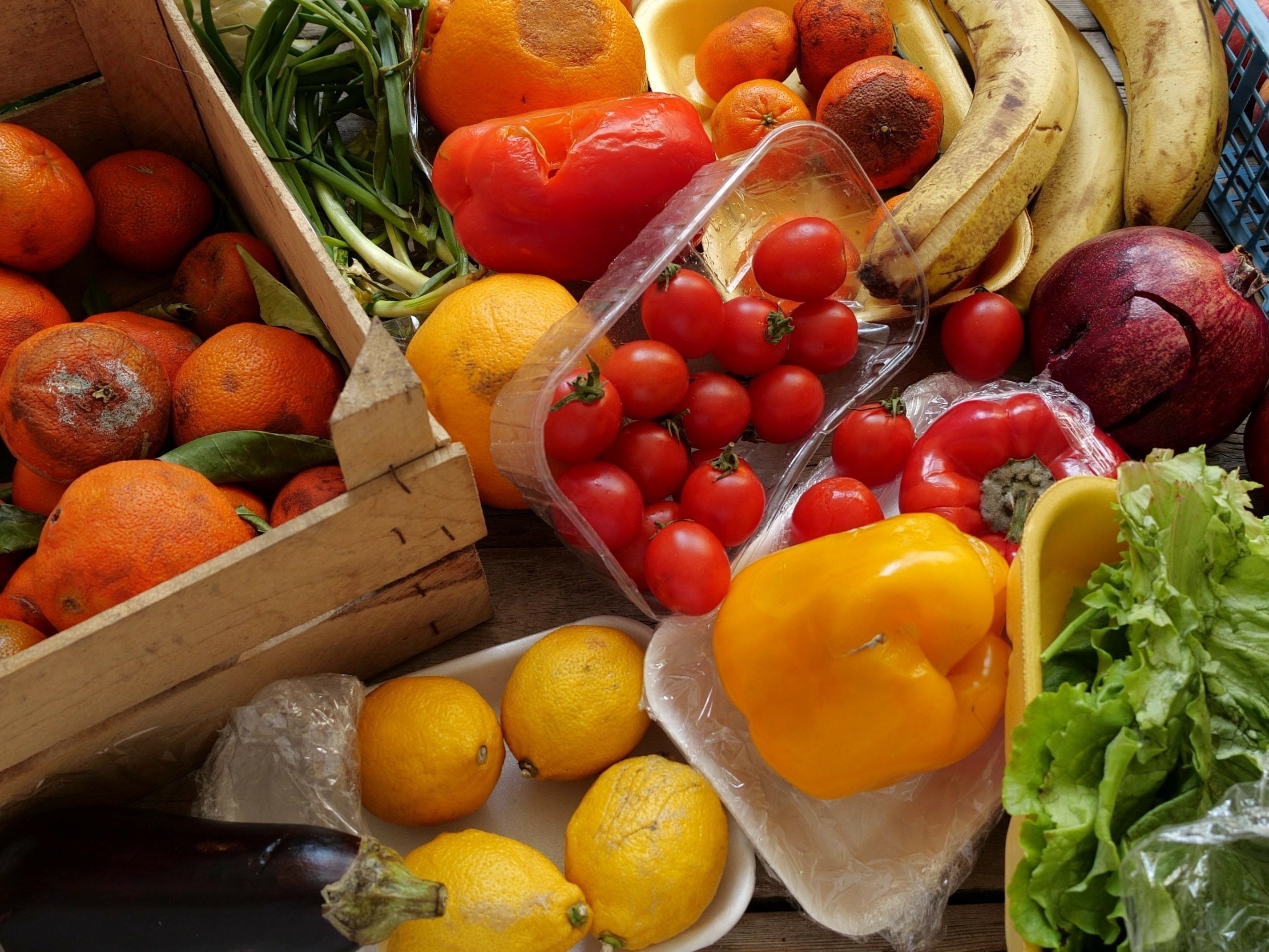Pointing the way to less food waste
When it was launched in 2021, the EU-funded SISTERS project joined the battle to reduce food waste in the EU, which amounts to more than 59 million t, equivalent to 132 kg per inhabitant annually. To address this challenge, SISTERS has been developing solutions to reduce food loss and waste across the entire supply chain. Now, 3 years into the project, SISTERS partner Association of Fruit and Vegetable Producers and Exporters of the Region of Murcia (Proexport), Spain, is helping to give researchers insight into the produce sector’s workings. To do this, it is sharing with them the vision of all stakeholders along the fresh fruit and vegetable supply chain –producers, handlers, packers and suppliers – and trying to adapt the proposed solutions to their daily lives. “Our participation in the SISTERS project has taught us that the details are everything when it comes to translating moral requirements into the real world,” comments Proexport’s technical director Abelardo Hernández in a news item posted on ‘HortiDaily’, adding: “Sometimes they can prevent a magnificent idea from reaching a real dimension and tangible results.”
Smart containers for vegetables
Proexport has been involved in testing innovative containers used for transporting fresh vegetables. Designed as part of the SISTERS project and tested under real working conditions, these containers measure freshness parameters such as CO2, humidity and temperature – and report the product’s condition, allowing preventive action to be taken. “We’re not fooling ourselves,” notes Hernández. “The proposed technical solutions are complex and it is not enough that they work and reduce waste in a link that is already quite fine-tuned. Implementing them at the industrial level will require evaluating other aspects such as the space that the containers occupy or the cost-benefit ratio.”
It does not end at containers
In addition to its smart containers, SISTERS is also employing a range of other innovations to tackle food waste. These include online platforms to help farmers sell their discarded produce. They also include novel bio-based food packaging solutions, such as the biodegradable films being developed by project partner Bio-Mi from Croatia. As part of the project, Bio-Mi has been working on scaling up bio-based and biodegradable films made primarily from polylactic acid (PLA). To enhance biodegradability, it has incorporated a CARBIOS Active additive in the film production process, which allows the PLA-rich film to disintegrate and biodegrade completely, even at room temperature, without leaving any toxic residues or microplastics. The inclusion of CARBIOS Active enhances the film’s mechanical properties, particularly its ability to stretch before reaching breaking point. It also has the added benefit of reducing wrinkling in certain films, making it possible to manufacture thinner films, thus reducing both material use and costs. Besides films, SISTERS (Systemic Innovations for a SusTainable reduction of the EuRopean food waStage) is also developing other bio-based packaging solutions, such as trays, baskets and flow packs that can reduce food waste. The project ends in 2026. For more information, please see: SISTERS project website
Keywords
SISTERS, produce, fruit, vegetable, food waste, packaging, container, film



